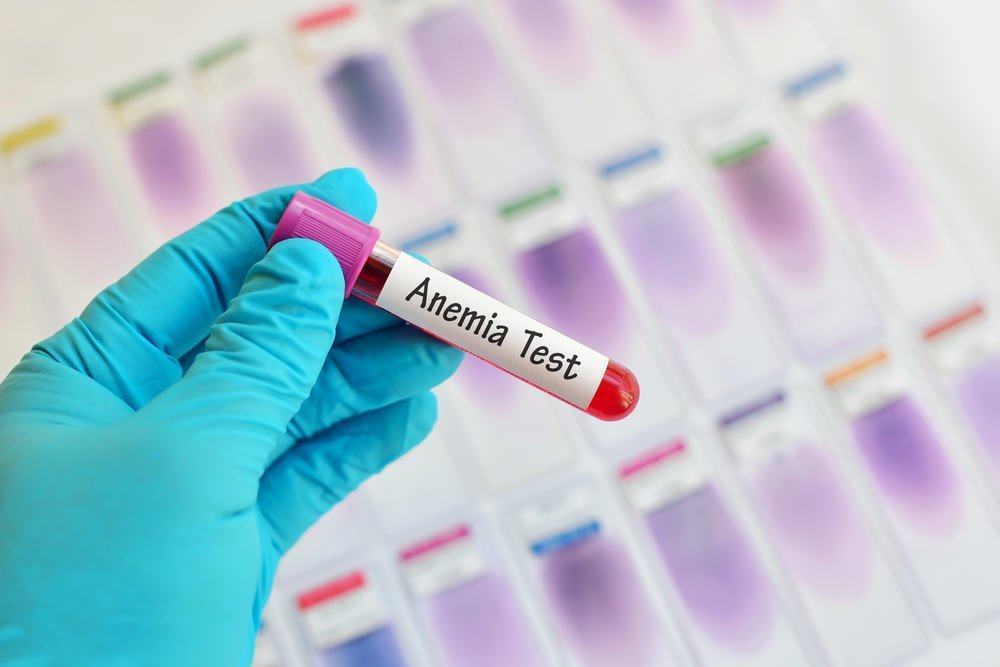Contents:
- Medical Video: What Is Megaloblastic Anemia?
- Dietary habit
- Malabsorption
- Excessive urination
- Drugs
- Other causes
- Pregnancy
Medical Video: What Is Megaloblastic Anemia?
Folate is a water-soluble vitamin, so your body cannot store it for long periods of time. The supply of folate in the body is usually only enough to last for four months. Therefore, you need to get folate intake in your daily diet to make sure your body has enough vitamins.
As with vitamin B12 deficiency anemia, folate deficiency anemia can be caused by several factors. Some of these factors will be explained below.
Dietary habit
Good sources of folate are broccoli, Brussels sprouts, asparagus, peas, beans and brown rice. It is important to consume these foods regularly to avoid folate deficiency.
Folic deficiency due to poor or unhealthy eating patterns is more common in alcoholics and people who follow a dietary trend that does not involve sources of folate in their diet.
Malabsorption
Sometimes, your body may not be able to absorb folic acid effectively as it should. This is usually caused by a disruption of the digestive system, such as Celiac disease.
Excessive urination
You may lose folate from your body when you urinate too often. This can be caused by a disruption in your body's organs, such as:
- Congestive heart failure - the heart cannot pump enough blood throughout the body
- Acute liver damage - often caused by excessive alcohol consumption
- Long-term dialysis - a machine that mimics kidney function is used to filter waste products from the blood
Drugs
Some drugs reduce the amount of folate in the body, or make folate more difficult to absorb. These drugs include several anticonvulsants (drugs used to treat epilepsy), colestyramine, sulfasalazine and methotrexate.
Medical staff will monitor drugs that can affect the level of folate in your body.
Other causes
At certain times, your body needs more folate than usual. This condition can cause folate deficiency if you cannot meet the body's demands. The body will need more folate if you:
- Pregnant
- Have cancer
- Have blood disorders - such as sickle cell anemia (inherited blood disorder that causes red blood cells to develop abnormally)
- Affected by infection or inflammation (redness and swelling)
Premature babies (born before 37 weeks of pregnancy) are also more at risk of developing folate deficiency because their developing body requires higher than normal levels of folate.
Pregnancy
If you are pregnant or trying to get pregnant, you are advised to consume 400 micrograms of folic acid tablets every day until you reach the age of 12 weeks of pregnancy. This step will ensure you and the baby have enough folate, and will help the baby to grow and develop.
Folic acid tablets can be given according to your doctor's prescription. You can also buy it directly at pharmacies, large supermarkets, and health food stores.
If you are pregnant and have other conditions that can increase the need for folate in the body, your doctor will monitor your condition carefully to prevent anemia.
In some cases, you may need a higher dose of folic acid. For example, if you have diabetes, you should take 5 milligrams (5 mg) of folic acid supplements, which are normally consumed as much as 400 micrograms.












